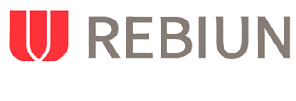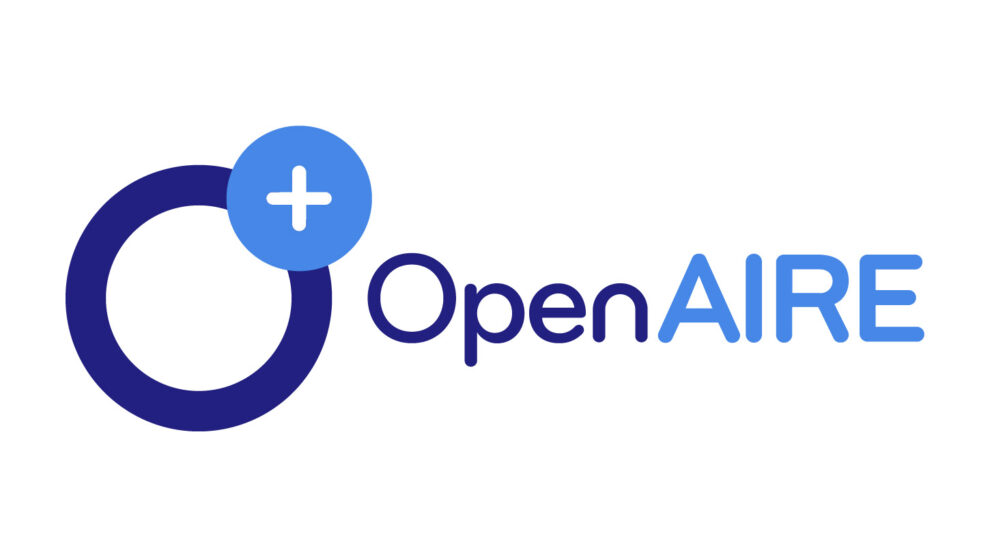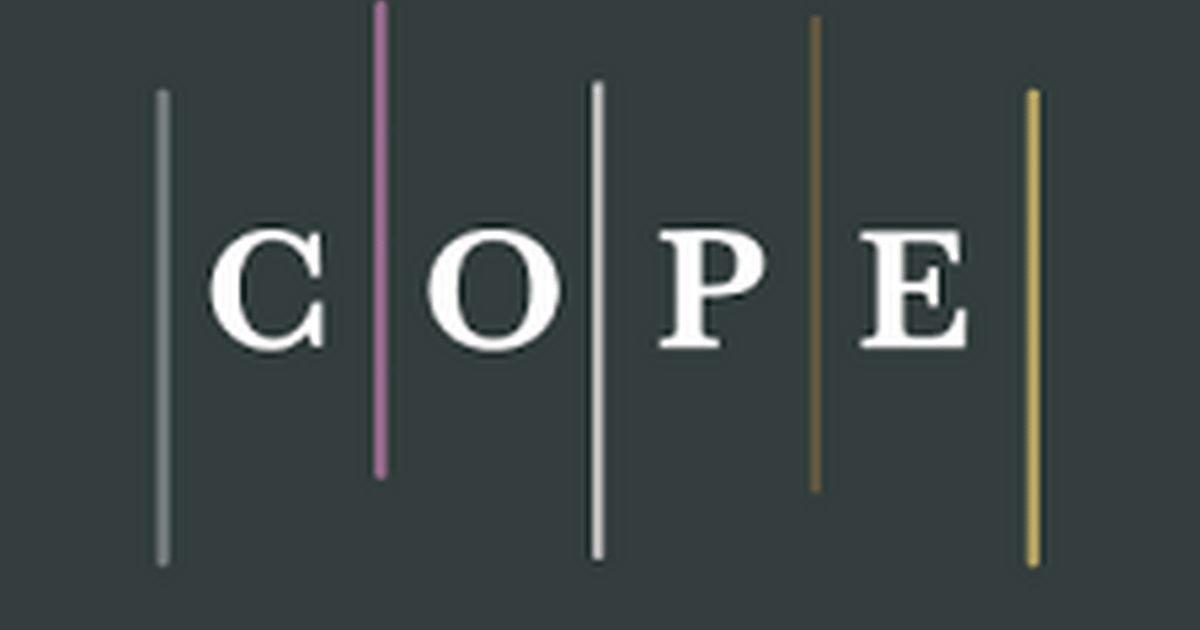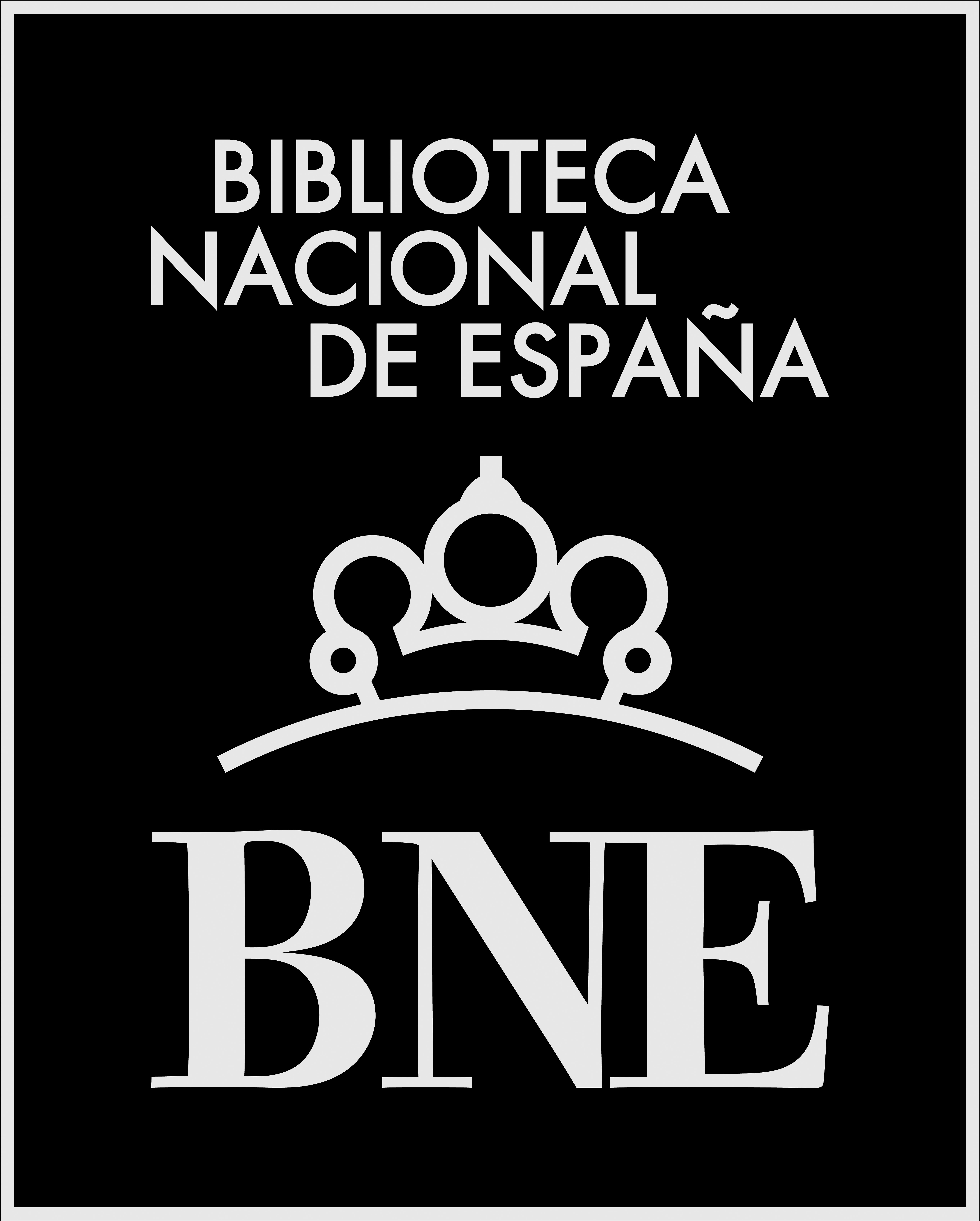Discovery through sensory experimentation: an innovation proposal for the 2nd cycle of Early Childhood Education
https://doi.org/10.5281/zenodo.15876407
DOI:
https://doi.org/10.5281/Keywords:
Early Childhood Education, Sesnsory experimentation, Discovery learning, Natural elements, Educational innovationAbstract
This work develops an educational innovation proposal focused on sensory experimentation as a pathway for discovery learning in Early Childhood Education. Based on the observation that children are immersed in an increasingly digital world where audiovisual experiences predominate, the need to recover and enhance direct multisensory experiences that favor balanced development is identified. The "Awakening Our Senses" proposal structures eight sessions based on active exploration of natural elements from the environment, encouraging children to experiment through touch, taste, smell, sight, and hearing. Methodologically, it is founded on guided discovery learning, where the teacher acts as a facilitator, creating environments rich in stimuli that invite autonomous exploration. Activities progress from experiences with specific elements of the natural environment towards more complex multisensory integrations, culminating in the creation of a sensory museum where children share their discoveries with the educational community. The evaluation demonstrates how this approach promotes not only perceptual development but also cognitive, communicative, and social capacities. It is concluded that direct sensory experimentation with natural elements constitutes an especially valuable methodology in Early Childhood Education, offering effective ways to counteract the growing digitalization of children's experiences and promote comprehensive development.
Downloads
References
Agudelo Gómez, L., Pulgarín Posada, L. A., y Tabares Gil, C. (2017). La Estimulación Sensorial en el Desarrollo Cognitivo de la Primera Infancia. Revista Fuentes, 19(1), 73-83. https://idus.us.es/items/82cd6b2d-d39e-451a-9b33-6304424a1afc
Al-Mogbel, A. N. (2014). A proposal for the development of pre-primary education in Saudi Arabia based on the experiences of Malaysia and South Korea (a comparative study). Creative Education, 5(24), 2071-2089. https://doi.org/10.4236/ce.2014.524231
Arias Gallegos, W. L., y Oblitas Huerta, A. (2014). Aprendizaje por descubrimiento vs. Aprendizaje significativo: Un experimento en el curso de historia de la psicología. Boletim Academia Paulista de Psicologia, 34(87), 455-471. https://www.redalyc.org/pdf/946/94632922010.pdf
Bermejo Rodríguez, J., y Toledo Lara, G. (2025). Hacia una comprensión filosófica del currículo: nuevas lógicas emergentes. Revista de Estudios Pedagógicos Contemporáneos, 1(1), 1-15. https://doi.org/10.5281/zenodo.14677578
Cabezas-García, G., y Galera-Rodríguez, A. (2022). El collage como medio de expresión gráfico plástico ante los bloqueos creativos. JIDA: Textos de Arquitectura, Docencia e Innovación, 9, 488-501. https://doi.org/10.5821/jida.2022.11616
Craft, A. (2012). Childhood in a digital age: Creative challenges for educational futures. London Review of Education, 10(2), 173-190. https://doi.org/10.1080/14748460.2012.691282
Erenst, M. (2012). Los doce sentidos. https://errenst.eu/download/merrenst/Los%20doce%20sentidos.pdf
Espinoza-Freire, E. E. (2022). Aprendizaje por descubrimiento Vs aprendizaje tradicional. Revista Trandisciplinaria de Estudios Sociales y Tecnológicos, 2(1), 73-81. https://doi.org/10.58594/rtest.v2i1.38
Farias Moreira, C. R., Landázuri Quintero, L. C., y Farías Moreira, S. A. (2025). Metodología Reggio Emilia: una transformación a la labor docente, caso Heleodoro Sáenz, 2024. GADE: Revista Científica, 5(1), 476-490. https://revista.redgade.com/index.php/Gade/article/view/617
Gobierno de Cantabria. (2022). Decreto 66/2022, de 7 de julio, por el que se establece el currículo de la Educación Infantil y de la Educación Primaria en la Comunidad Autónoma de Cantabria. Boletín Oficial de Cantabria (BOC), 135. https://boc.cantabria.es/boces/verAnuncioAction.do?idAnuBlob=374267
Gobierno de España. (2022). Real Decreto 95/2022, de 1 de febrero, por el que se establece la ordenación y las enseñanzas mínimas de la Educación Infantil. Boletín Oficial del Estado (BOE), 28. https://www.boe.es/buscar/act.php?id=BOE-A-2022-1654
Goodwin, P. M. (2008). Sensory experiences in the early childhood classroom: Teachers' use of activities, perceptions of the importance of activities, and barriers to implementation [Tesis de doctorado, Oklahoma State University]. https://www.proquest.com/docview/193620185/fulltextPDF
Hedges, H. (2014). Young children's 'working theories': Building and connecting understandings. Journal of Early Childhood Research, 12(1), 35–49. https://doi.org/10.1177/1476718X13515417
Howes, D. (2014). El creciente campo de los Estudios Sensoriales. Revista Latinoamericana de Estudios sobre Cuerpos, Emociones y Sociedad - RELACES, 6(15), 10-26. https://www.redalyc.org/pdf/2732/273231878002.pdf
Kashman, N., y Mora, J. (2005). The sensory connection: An OT and SLP team approach. Sensory Resources LLC.
Loor-Delgado, A. K., y Suástegui-Solórzano, S. M. (2022). Fundamentos teóricos del aprendizaje por descubrimiento para el fortalecimiento del desempeño académico. Polo del Conocimiento, 7(9), 1247-1258.
Mosquera-Jiménez, L. P. (2023). La estimulación sensorial como fundamento estructural del proceso de enseñanza-aprendizaje en la primera infancia. Revista Criterios, 30(2), 207-226. https://doi.org/10.31948/rev.criterios/30.2-art14
Muñoz Vélez, G. A., Ramos López, Y., y Patiño Campoverde, M. M. (2024). El aprendizaje por descubrimiento: su impacto en el desarrollo de habilidades metacognoscitivas en alumnos de 4 a 5 años. Revista Ciencia Latina, 7(1), 145-162. https://core.ac.uk/download/pdf/603932718.pdf
Navarro-González, I. (2023). La educación infantil en los países nórdicos: iniciativas innovadoras. IE Revista de Investigación Educativa de la REDIECH, 14, e1911. https://doi.org/10.33010/ie_rie_rediech.v14i0.1911
Ogbemudia, I. M., Alasa, V. M., y Ikenyiri, J. C. (2024). The Montessori pedagogy: A multi-sensory approach to childhood education. Jurnal Pendidikan Abad Ke-21, 2(2), 53-65. https://doi.org/10.53889/jpak.v2i2.505
OECD (2021). Starting Strong VI: Supporting Meaningful Interactions in Early Childhood Education and Care.
Portero-Tressera, M., Ferrero González, M., y Ibáñez, A. (2023). Evidencias y mitos en educación: Aportaciones de la psicología y las neurociencias. Fundación SM. https://proyectos.iessapereaude.com/Evidencias%20y%20mitos%20en%20educacio%CC%81n.pdf
Robinson, K. (2015). Escuelas creativas: La revolución que está transformando la educación. Grijalbo.
Rosales, M., Revelo, P., y Guijarro, J. (2023). La importancia de la estimulación sensorial en el desarrollo cognitivo: Un análisis documental y de campo. Revista ALPHA OMEGA, 1(1), 21-30. https://doi.org/10.24133/ALPHAOMEGA.VOL01.01.2023.ART02
Villa Ogando, A. (2021). La neurociencia y las teorías del aprendizaje. En A. Díaz-Cabriales et al. (Eds.), Neuroeducación, de lo científico a lo práctico (pp. 1-21). Asociación Normalista de Docentes Investigadores.
Waller, T., Ärlemalm-Hagsér, E., Sandseter, E. B. H., Lee-Hammond, L., Lekies, K., y Wyver, S. (2017). The SAGE Handbook of Outdoor Play and Learning. SAGE Publications.
Downloads
Published
Issue
Section
License
Copyright (c) 2025 Sheila Tárano Ruiloba (Autor/a)

This work is licensed under a Creative Commons Attribution-NonCommercial-NoDerivatives 4.0 International License.
This journal provides immediate open access to all its content, following the principle that making research freely available to the public fosters a wider global exchange of knowledge. In line with this commitment, the articles published in the Revista de Estudios Pedagógicos Contemporáneos are licensed under a Creative Commons CC BY 4.0 — Attribution International License, which allows sharing and adaptation of the content, provided appropriate credit is given to the authors and the journal.
How to Cite
Similar Articles
- Elena Sánchez Clemente, The Families Forest: An Innovation Proposal for Early Childhood Education , The Journal of Contemporary Pedagogical Studies : Vol. 1 No. 1 (2025)
- Camino Sánchez Ortiz, Addressing diversity through educational technology: an intervention in multigrade classrooms in early childhood and primary education , The Journal of Contemporary Pedagogical Studies : Vol. 1 No. 1 (2025)
- Benjamín Barón-Velandia, Daniel Nofrid Rocha Jiménez , Mauro Grossi Pasche , Cristián Cofré León, Samir Esteban Pérez Suárez, Gamification in a COIL project for industrial engineers , The Journal of Contemporary Pedagogical Studies : Vol. 1 No. 1 (2025)
- Rafael Muñoz Ruiz, The Development of Mathematical Thinking Through the Open Number-Based Method (ABN) in a Classroom of Three-Year-Olds , The Journal of Contemporary Pedagogical Studies : Vol. 1 No. 1 (2025)
- Solangie Martínez Urbano, Critical analysis of the article “Gamification in a COIL project for industrial engineers” , The Journal of Contemporary Pedagogical Studies : Vol. 1 No. 1 (2025)
- Miguel Salgado García, Service-Learning and oral health education: a methodological proposal in vocational healthcare training , The Journal of Contemporary Pedagogical Studies : Vol. 1 No. 1 (2025)
- Juan Antonio Palazón Conca, Promoting gender equality in the classroom through ict: a case study in elementary education , The Journal of Contemporary Pedagogical Studies : Vol. 1 No. 1 (2025)
- Gonzalo Adrián Espejo Marín, Functional diversity in students and the use of ICTs: an innovation proposal , The Journal of Contemporary Pedagogical Studies : Vol. 1 No. 1 (2025)
- Pablo Alejandro Veintimilla Ramirez , Educational reforms and public policies in upper secondary education: a comparative analysis of the cases of Spain and Ecuador , The Journal of Contemporary Pedagogical Studies : Vol. 1 No. 1 (2025)
- PhD. Benjamin Barón Velandia, Research practices: an analysis from the epistemological horizon and theoretical corpus , The Journal of Contemporary Pedagogical Studies : Vol. 1 No. 1 (2025)
You may also start an advanced similarity search for this article.
















